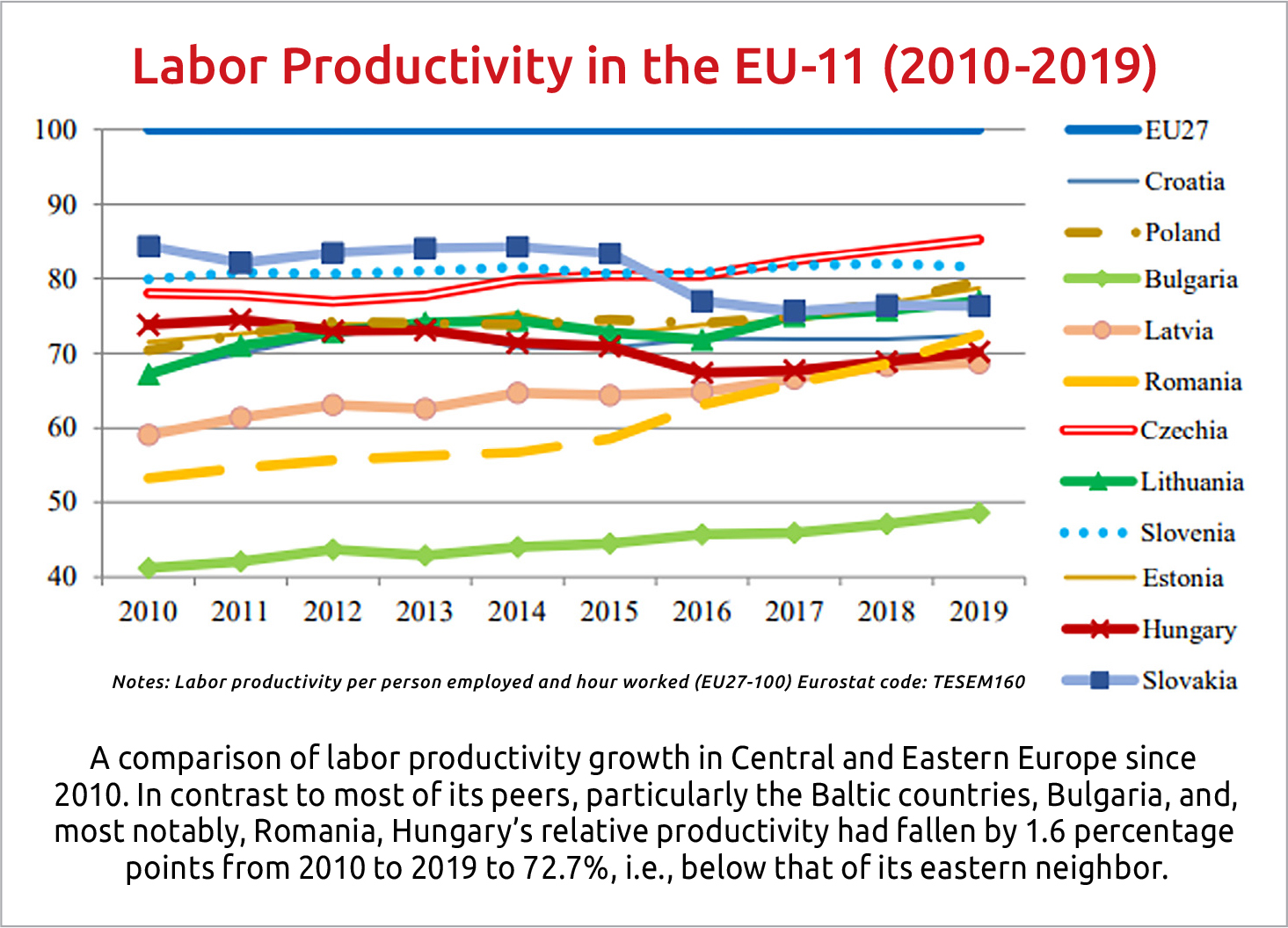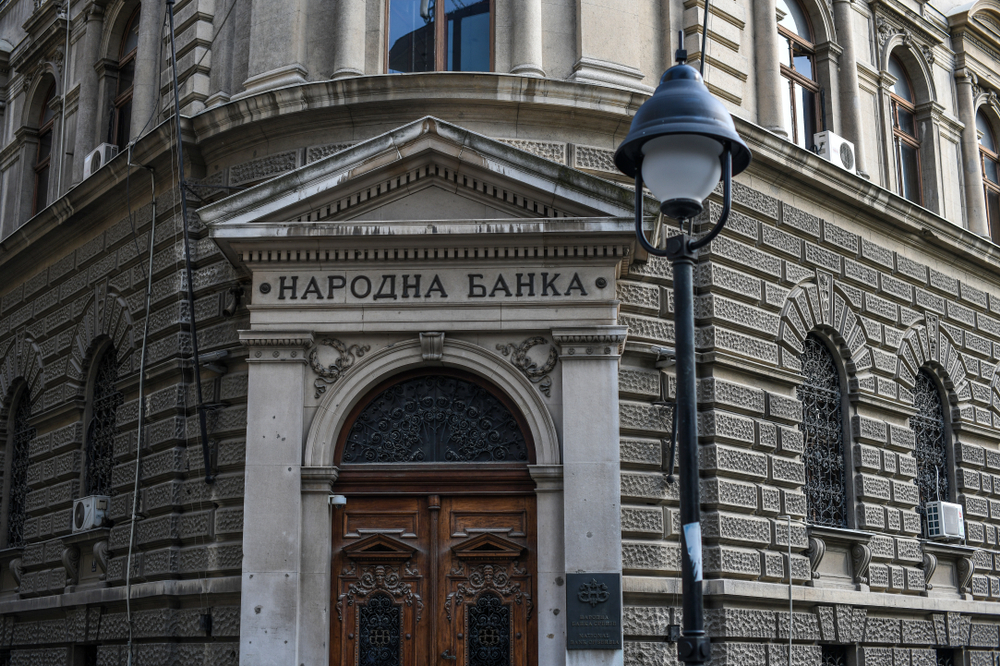Navracsics Delighted by EC agreement, but Funding Dependent on Conditionality

Dóra Győrffy
In mid-December, the European Commission and Hungary adopted a “partnership agreement” that includes a “detailed roadmap” that specifies the institutional changes Hungary needs to make to access European Union funding, including the EUR 5.8 billion allocated to Hungary as its part of the Union’s Recovery and Resilience Facility (RRF), designed to help member states recover from the COVID pandemic.
Tibor Navracsics, Hungary’s Minister of Regional Development, was upbeat about the plan, telling the press that “all the goals we set ourselves in June have been achieved,” adding that the agreement meant Hungary could now access its allocation of EU funding.
The financial markets appeared to agree with this interpretation, with the forint strengthening from around HUF 418 to the euro earlier in the month to nearer HUF 407 as news of the agreement was digested.
But Hungary, which has been dragging its feet on EC requirements for the better part of 20 months, cannot access the funding until it satisfies the Commission that it has fully implemented the road plan.
Minister Navracsics, exuding confidence, has predicted Hungary will satisfy the commission’s conditions by March 31. These include the need for independence of the judiciary, anti-corruption measures, academic freedom, and other rule of law concerns.
But an EC statement on December 22, albeit in very diplomatic language, makes it clear that access to up toEUR 22 bln in cohesion funds is strictly dependent on Hungary meeting these conditions.
Without delving into the minutiae and Hungary’s compliance or otherwise, the situation begs the question of how important EU funding, past and future, is to the country. For Dóra Győrffy, professor of economics at Corvinus University, it is vital in stabilizing Hungary’s current “precarious” economic situation and, if used correctly, keeping the country at least in touch with the economic progress of EU member states.
Speaking to journalists about a week before the signing of the partnership agreement, she argued that Hungary had failed to utilize EU funding properly, while for many of the past dozen years, these external injections had provided a prime source of economic growth.

‘Weak Productivity’
“The past decade has been characterized by relatively high rates of growth but weak productivity. In fact, Hungary in 2010 stood at 74.3% of the EU average in terms of labor productivity, but by 2021, it was only at 72.7%. This means that there was divergence, not convergence, in terms of productivity,” she said.
In turn, this implies that extensive growth is dominant, meaning the economy can only grow as long as it attracts additional sources of money, which EU funds supplied in the past decade, Győrffy reasoned.
Moreover, if the net EU transfers as apercentage of GDP are compared witheconomic growth, in seven out of the last 12 years, growth can be seen tohave underperformed.
After 2017, this trend reversed, but even in those years which seemed successful, the main reason for the “success” was the overheating of the economy in a process that was unsustainable.
“The government was pursuing pro-cyclical policies, meaning very loose monetary policies, very low interest rates,and the constant devaluation oftheforint,” Győrffy argued.
With the onset of the COVID pandemic in 2020, the government began to run large deficits, ostensibly, like many other countries, to maintain the economy. However, in Győrffy’s view, unlike most western economies, this was ofgreatest benefit to businesses closetogovernment circles.
“The government spent excessively, not at the start of the COVID crisis, but only in December 2020, giving several percentage points of GDP to preferred companies and sectors. This was topped with pre-election spending in 2021, and this led to a deficit of 7.8% [of GDP] in 2020 and 6.8% in 2021,” she noted.
With a budget deficit expected at 6.1% for 2022 (itself bloated by extra purchases of natural gas imports during the summer, at the highest prices of the year) and with headline inflation at 22.5% in November, the current economic situation “is really precarious,” she said.
Mild Winter
In terms of good news, the extremely mild winter has seen natural gas prices tumble to pre-Ukraine war levels, and this has added to the market sentiment surrounding the partnership agreement with the European Commission, all helping to lift the forint against the euro to around HUF 395 at the time of this issue of the Budapest Business Journal going to press.
If maintained, this value will reduce the cost of imports (particularly energy) in local currency terms and help restrain inflation in 2023.
However, Prof. Győrffy remains cautious, in essence, because what seemed to be the crunch decision in December by the European Commission on allowing Hungary to access funding has merely been postponed by three months, from December 2022 to March this year.
“There seems to be a belief by the government that the EU does not care in reality about the state of Hungarian democracy and rule of law. The government seems to believe that it’s not important enough because Hungary is small, with just 0.9% [of the EU economy], so why mess with such a small country? But with its policies, Hungary is making itself important within the context of the EU decision rules,” she says.
The wording of the December 22 statement appears to back Győrffy’s assessment, indicating that the commission, while open to dialogue, is in no mood for a soft compromise.
After specifying, in some detail, how the cohesion funds must be spent to benefit Hungary, including special attention and finances for better education and integration of disadvantaged groups, explicitly mentioning the Roma, the statement reads:
“The rules applicable to cohesion and home affairs funding, i.e., the Common Provisions Regulation, provide that in case of non-fulfillment of the enabling conditions, the commission cannot reimburse the related expenditure submitted other than for technical assistance and for fulfilling the enabling conditions.” (Editor’s note: The bold text is in the original statement.)
“The commission seems to be playing a smart game,” says Győrffy. “The compromise the Hungarian government celebrated ensures that no money is permanently lost. The December 22 decision, however, indicates that no money is coming either, except for agricultural funds, until conditions are met.”
This article was first published in the Budapest Business Journal print issue of January 13, 2023.
SUPPORT THE BUDAPEST BUSINESS JOURNAL
Producing journalism that is worthy of the name is a costly business. For 27 years, the publishers, editors and reporters of the Budapest Business Journal have striven to bring you business news that works, information that you can trust, that is factual, accurate and presented without fear or favor.
Newspaper organizations across the globe have struggled to find a business model that allows them to continue to excel, without compromising their ability to perform. Most recently, some have experimented with the idea of involving their most important stakeholders, their readers.
We would like to offer that same opportunity to our readers. We would like to invite you to help us deliver the quality business journalism you require. Hit our Support the BBJ button and you can choose the how much and how often you send us your contributions.










